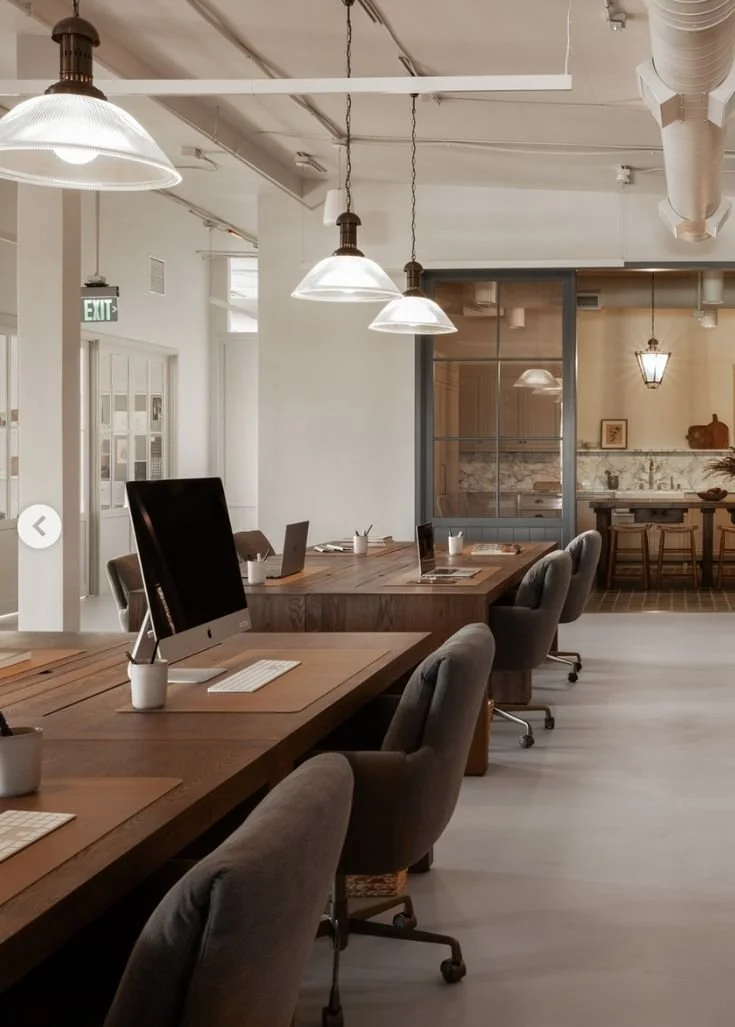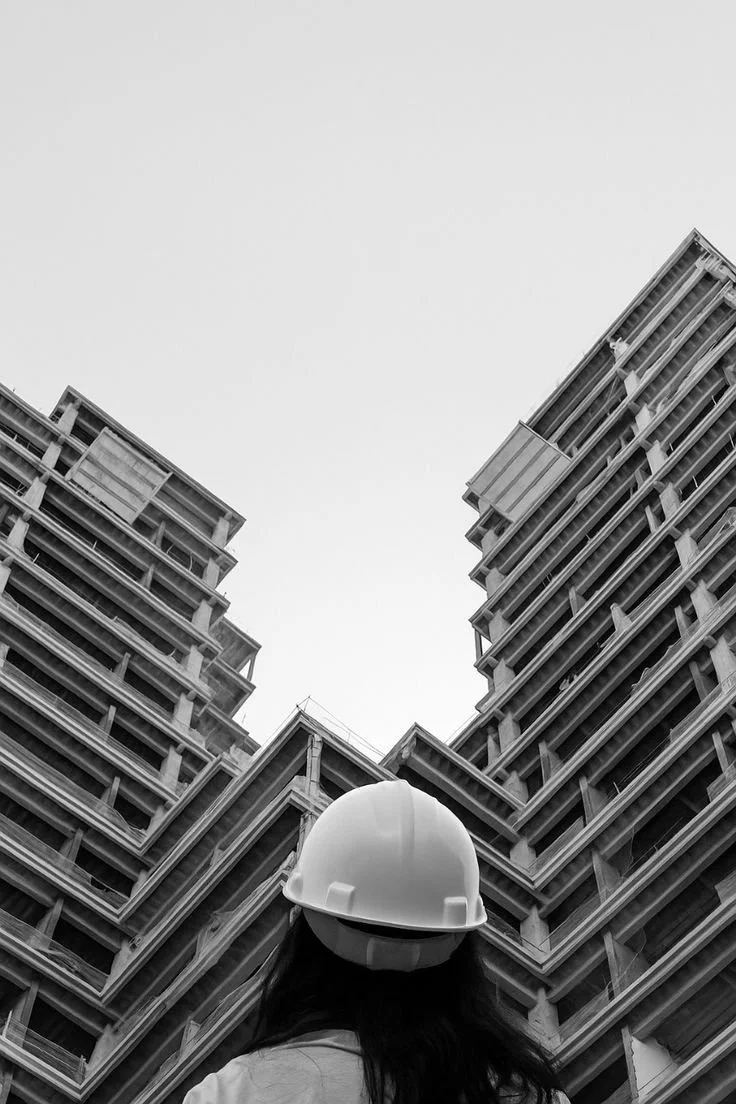Fast And Reliable Storm Damage Restoration For Commercial Roofs
Storms are a natural part of life, but their aftermath can leave a lasting impact—especially on commercial properties. From high winds and hail to heavy snow and rain, extreme weather events can cause significant damage to roofing systems. For businesses, this isn’t just a matter of aesthetics or minor inconvenience. A compromised roof can disrupt operations, pose safety risks, and lead to costly repairs if not addressed promptly.
In the U.S., commercial buildings are often equipped with flat or low-slope roofing systems, which, while efficient, are particularly vulnerable to pooling water, membrane punctures, and wind uplift. These issues can go unnoticed until they escalate into more serious structural problems.
In this article, we share why fast and reliable storm damage restoration is essential—not just for immediate repair, but for long-term building performance and peace of mind.
No. 1
Why Timely Restoration Matters for Commercial Roofs
After a storm, the instinct may be to wait and see if any visible damage appears. However, this approach can be risky. Even minor issues, such as a small tear in a membrane or a dislodged flashing, can lead to water infiltration, mold growth, and insulation damage over time.
Prompt storm damage restoration offers several key benefits:
Prevents further deterioration: Addressing damage early stops minor issues from becoming major repairs.
Minimizes business disruption: Quick action helps maintain a safe and functional space for employees and customers.
Supports insurance claims: Timely inspections and documentation are essential when filing storm-related insurance claims.
Preserves property value: A well-maintained roof contributes to the overall integrity and value of the building.
No. 2
Common Signs of Storm Damage on Commercial Roofs
While some damage is obvious, such as fallen tree limbs or missing roof panels, other signs may be more subtle.
Business owners and facility managers should be aware of the following indicators:
Water stains on ceilings or walls
Unexplained increases in energy bills (which may indicate insulation issues)
Visible debris or granules in gutters
Ponding water on flat roofs
Sagging or bubbling in roofing membranes
Loose or missing flashing around vents and edges
Even if your roof appears intact, it’s wise to schedule a professional inspection after any major storm to ensure no hidden damage is present.
No. 3
What to Expect from a Reliable Storm Damage Restoration Process
A thorough and well-executed restoration process involves more than just patching visible damage.
It requires a comprehensive approach that includes:
Initial Inspection and Assessment
A qualified roofing professional will examine the entire roofing system, including membranes, flashing, drainage systems, and structural components.Temporary Protection Measures
If immediate repairs aren’t possible, temporary solutions like tarping or sealing may be applied to prevent further damage.Detailed Documentation
Photos, written reports, and damage assessments are compiled to support insurance claims and guide the repair strategy.Repair or Replacement
Depending on the extent of the damage, the restoration may involve localized repairs or full replacement of roofing sections.Post-Repair Inspection
A final inspection ensures that all work has been completed to code and that the roof is performing as expected.
Houzz
Looking for professional roofing installation? Discover top-rated experts on Houzz today!
No. 4
The Importance of Local Expertise
In areas like DeKalb, IL, and surrounding regions, weather conditions can vary widely throughout the year. From spring hailstorms to winter snow accumulation, commercial roofs are exposed to a range of environmental stressors.
Working with a local team that understands these regional challenges can make a significant difference. Local contractors are familiar with area-specific building codes, climate patterns, and roofing materials, which allows them to provide more accurate assessments and tailored solutions.
For example, storm damage restoration services by SW roofing are designed with the unique needs of Illinois businesses in mind. Their experience with local weather events and commercial roofing systems ensures that restoration efforts are both efficient and effective.
No. 5
Long-Term Benefits of Proactive Maintenance
Storm restoration isn’t just about reacting to damage—it’s also an opportunity to strengthen your roof for the future. Many restoration professionals will recommend upgrades or reinforcements that can help your roof better withstand future storms.
These may include:
Improved drainage systems to prevent ponding
Reinforced flashing at vulnerable points
Upgraded roofing materials with better impact resistance
Regular maintenance plans to monitor roof health year-round
Taking a proactive approach not only extends the life of your roof but also reduces the likelihood of future emergency repairs.
Takeaways
Storm damage to commercial roofs is a serious concern, but it doesn’t have to lead to prolonged disruption or overwhelming repair costs. With timely inspections, expert restoration, and a proactive mindset, business owners can protect their properties and maintain operational continuity.
Choosing a reliable restoration partner—especially one with local experience and a strong track record—can make all the difference. Whether you manage an office building, warehouse, or retail space, understanding the value of fast and reliable storm damage restoration is key to long-term success.
To learn more about how to prepare for and respond to storm-related roof damage, explore more of our blog for roof restoration resources and guidance.
Looking for Business resources?
Are you seeking ways to elevate your business to new heights? Dive into the array of resources provided by our esteemed business partners designed to empower your ventures.































